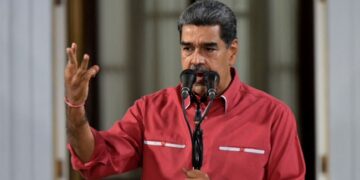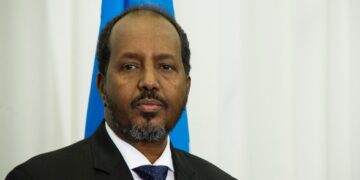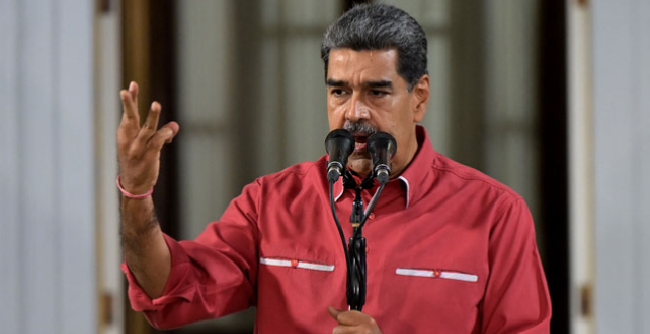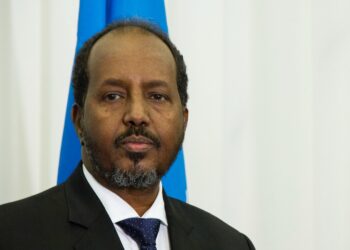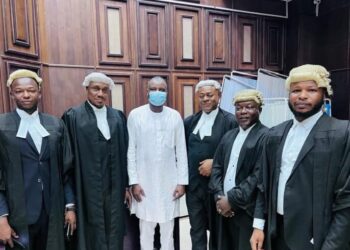By Enyichukwu Enemanna
President of Venezuela, Nicolas Maduro has announced suspension of access to social media site X, formerly known as Twitter amidst renewed pressure from friendly Latin American nations to provide the data backing his re-election claim.
The Venezuelan leader on Thursday announced that his government was blocking the social media platform for 10 days, while accusing the site’s owner Elon Musk of “inciting hate and fascism” in Venezuela.
The country’s electoral body had declared Maduro winner of the July 28 election but has failed to release detailed results, leading left-wing allies Brazil, Colombia and Mexico on Thursday to reiterate a joint call on the National Electoral Council (CNE) to disclose polling data.
Heritage Times HT reports that Maduro, 62, who has been in power since 2013 won re-election with 51.2 percent of votes declared by the electoral body, which the opposition and key regional neighbours have since rejected.
The opposition candidate Edmundo Gonzalez Urrutia received 44.2 percent, the electoral council announced.
Right groups have said that at least 24 persons died arising from protests last week that greeted Maduro winner, while thousands of others were arrested.
The Venezuelan opposition claims to have won in a landslide and warned of a potential mass exodus if Maduro is allowed to remain in power.
“If Maduro chooses to stay by force, the only thing we will see is a wave of migration like never before: three, four, five million Venezuelans in a very short span of time,” opposition leader Maria Corina Machado, who was barred from running in the election said in a video conference with Mexican news outlets on Thursday.
According to the United Nations, more than seven million Venezuelans have fled the country of 30 million since Maduro took over in 2013, mostly to other Latin American countries and the United States.
Maduro has overseen an unprecedented economic crisis, including an 80 percent drop in the once-wealthy oil-rich country’s GDP, amid domestic economic mismanagement and international sanctions.
Washington that has since rejected Maduro’s re-election has spearheaded sanctions against the regime, threatening that further measures would be taken if Maduro goes ahead to arrest Machado or Edmundo Gonzalez Urrutia, the retired diplomat who stood as the opposition candidate in the election.
“I think that would be a step that could mobilize the international community even more, even those that might be somewhat sympathetic and don’t want to rattle things too much in Venezuela,” Francisco Mora, US ambassador to the Organization of American States, said at the Atlantic Council, a Washington-based think tank.
Machado, who says she fears for her life and Gonzalez Urrutia have been in hiding for more than a week.
Highlighting the opposition’s perilous security situation, two other leaders were arrested Thursday, party officials and family members said.
Ex-lawmakers Williams Davila and Americo De Grazia were arrested separately, adding to the growing list of reported sudden post-election detainments.
